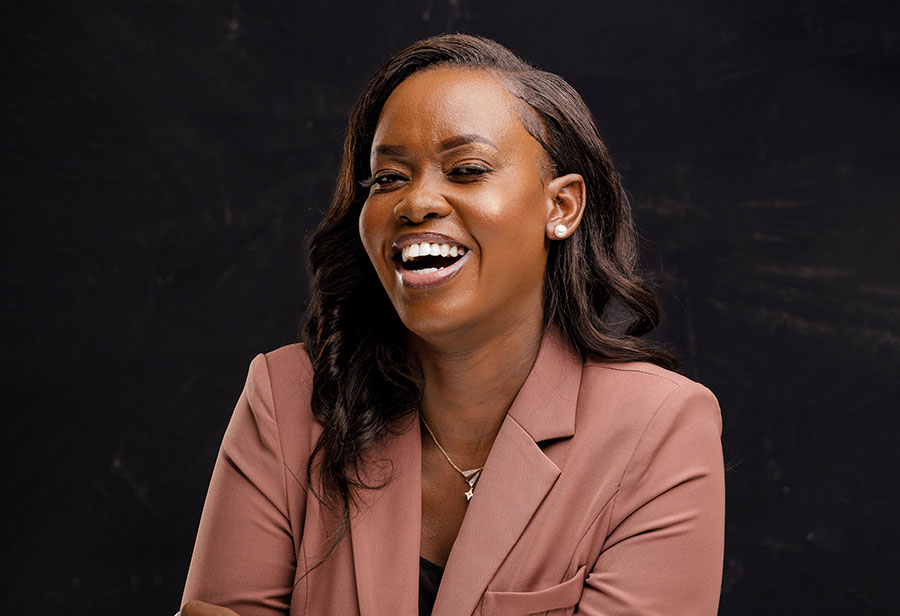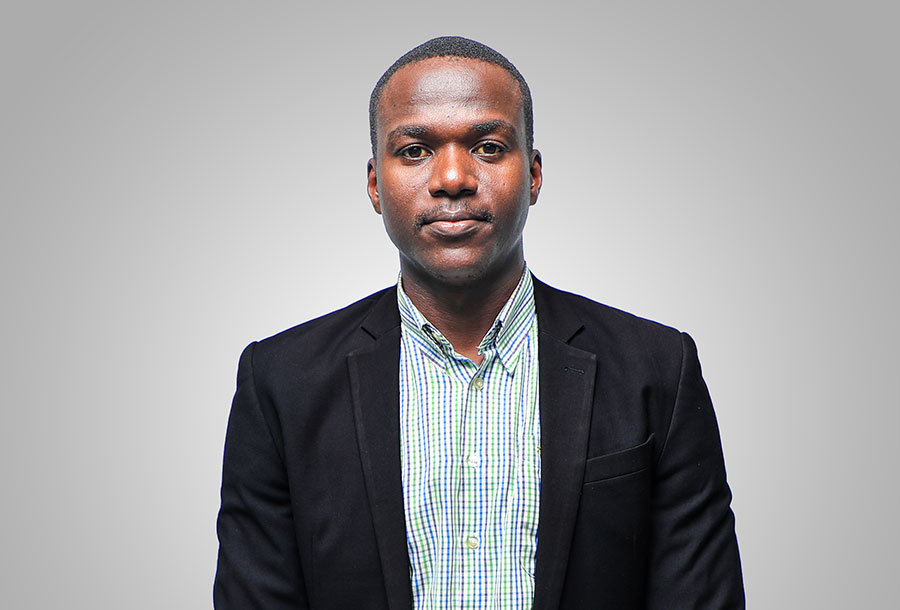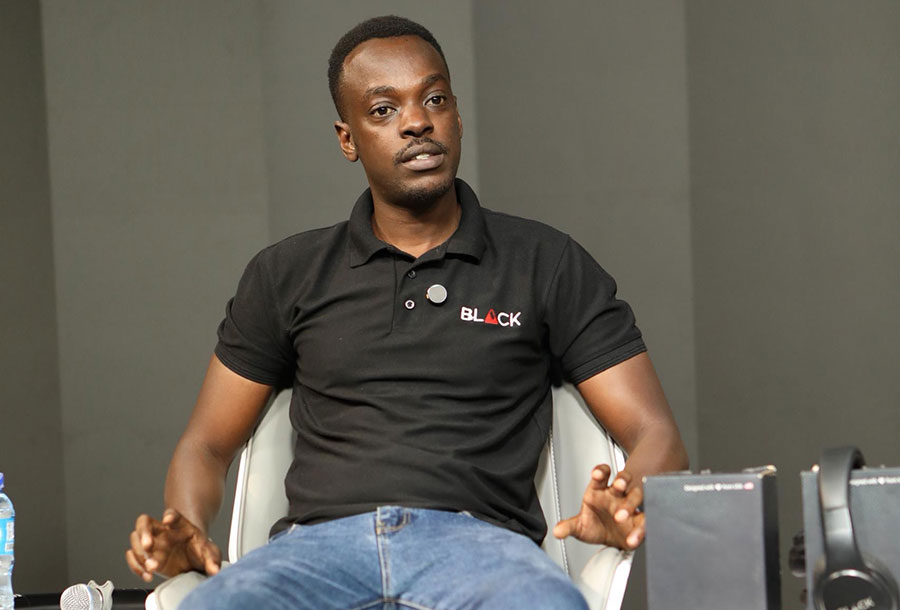What it takes to build a strong sports brand
Globally, it is clear that performance alone no longer guarantees prosperity. Athletes like Cristiano Ronaldo, Serena Williams, and Usain Bolt have built empires worth hundreds of millions through branding, partnerships, and storytelling.
Cristiano Ronaldo has built an empire. AFP PHOTO
Uganda’s athletes have flown the flag high, from Joshua Cheptegei, Peruth Chemutai, and Stephen Kiprotich, to the She Cranes and boxing legends like John “The Beast” Mugabi.
Together, Uganda has earned more than 55 medals at the Commonwealth, Olympic, and World Championships.
But beyond the medals lies a gap, how many of these stars have built sustainable personal brands? How many have turned their victories into long-term commercial success?
Globally, it is clear that performance alone no longer guarantees prosperity. Athletes like Cristiano Ronaldo, Serena Williams, and Usain Bolt have built empires worth hundreds of millions through branding, partnerships, and storytelling.

Victoria Nyanzi
In contrast, many African stars still struggle to commercialize their greatness.
According to Victoria Nyanzi, personal branding coach and founder of The African Sisters Network, the first step for any athlete is realizing that medals are not the end goal, they are only the beginning.
“There is no doubt medals open the door,” she says,
“But storytelling keeps it open. Look at Serena Williams, people do not just admire her titles, they connect with her resilience, motherhood journey, and business ventures,” Nyanzi told Vision Sports.
“Usain Bolt became more than a sprinter because he built a joyful, larger-than-life identity, For Ugandan athletes, it is about clarity of identity, consistency, and connection.”
Nyanzi believes that the most powerful brands are built on authenticity.
“Fans and sponsors want to know who you are off the track, your values, your struggles, your vision. That’s what transforms performance into a powerful brand,” She advised.

KCCA's Head of Public relations, media and Communications, Moses Magero
However, she says Uganda’s biggest barrier is mindset.
“Too many athletes see themselves only as competitors, not ‘CEOs of their own name, Add limited communication, networking, and financial skills, and you have untapped gold,” Nyanzi stressed.
She notes that while talent is abundant, support systems such as agents, Public relations professionals, and mentors remain limited.
“Athletes here have to work twice as hard to fill those gaps for themselves,” she says.
In the digital era, online storytelling is a non-negotiable part of brand building.
“Your social media is your business card,” she stresses.
“In 2025, the first place a sponsor, fan, or journalist looks is online. You do not need to be everywhere, but you must own at least one platform and use it to tell your story, not just your wins, but your training, setbacks, and causes you care about. Without that, influence ends at the stadium.”
When partnerships build credibility
Maurice Aliganyira, founder and Head of Marketing at Blacklyf Uganda, has built one of the country’s most active youth lifestyle brands.
He says partnerships with athletes and clubs are not just about visibility, but trust and community.

“Partnerships go well beyond visibility,” he explains.
“They build credibility because athletes and clubs hold trust within their communities. They also create loyalty, since fans see BLACK in spaces that matter to them, whether in stadiums or through the athletes they admire. At its core, these partnerships allow us to connect more deeply with our audience by showing that BLACK is part of their lifestyle, not just a brand on the sidelines,” Aliganyira stated.
In 2024, Blacklyf partnered with Pirates Rugby Club, one of Uganda’s top rugby teams, to drive engagement among urban youth.
The collaboration improved both brand visibility and emotional connection.
“Since partnering with Pirates, we have seen a major rise in digital engagement and awareness,” Aliganyira notes.
“It is proof that sports partnerships build emotional loyalty and that translates into business growth,” he explains.
For him, athletes who want to attract sponsors must start with three simple but strategic steps:
“First, build a consistent online presence that reflects who you are, not just what you achieve, share your training, lifestyle, and values.
Second, define your story. Decide what you stand for and how you want to be remembered, because that clarity makes it easier for brands to connect with you,”
“Third, treat your brand like a business. Approach sponsorships professionally, with clear proposals and a track record of delivering on commitments. That professionalism is what convinces companies to invest with confidence.”
How KCCA FC turned fans into a business asset
No Ugandan sports institution has demonstrated the power of branding like KCCA FC.
The club’s Head of Public relations, media and Communications, Moses Magero, says three pillars have defined their success, fan engagement, media coverage, and corporate partnerships.
“The KCCA fans are the heart of our brand,” he says.
“We constantly engage them through digital platforms and their fan clubs. We are the most followed football club across digital platforms with over 400,000 followers, and that translates directly into revenue from gate collections and merchandise.”
Media visibility has also strengthened their commercial value.
“The media are our great partners. It is why we are one of the most featured sports entities in both digital and print news. We also control our narrative through our own channels like KCCA FC TV, which airs weekly on NBS Sport and YouTube. Segments like Star of the Week and Player Profiles help fans connect with players beyond the 90 minutes, making them more appealing for endorsements and international transfers.”
The club’s corporate partnerships with MTN Uganda, Britam, CHINT, and Century Cinemax have elevated its credibility.
“These brands position us as a professional club that attracts elite sponsors,” Magero adds.
“Corporate partnerships ensure sustainability and growth, and they help our athletes and staff understand the value of brand discipline,” Magero further mentioned.
Why the next generation must think beyond the track
Uganda’s earlier legends from Magid Musisi and David Obua, to Dorcus Inzikuru and Stephen Kiprotich inspired generations but missed the chance to capitalize on their global fame.
In the 1980s, boxer John Mugabi earned global respect but lacked commercial systems to sustain wealth beyond the ring.
Today, athletes who build structured brands have multiplied their income tenfold.
Usain Bolt, for instance, earns more in retirement than he did competing, while Faith Kipyegon’s partnerships have made her one of Africa’s highest-paid female athletes.
The lesson is simple: performance may open the door, but only branding keeps it open.
“Performance opens the door,” Nyanzi concludes, “but storytelling, discipline, and digital strategy keep it open. In the end, athletes who see themselves as businesses will always stay ahead.”